Optimal Timing for Window Installations
Windows installations can be scheduled at various times throughout the year, but certain periods offer advantages in terms of availability, efficiency, and minimal disruption. Understanding the optimal timing ensures a smooth process and better resource management.
Spring is often ideal due to moderate weather conditions, reducing the risk of delays caused by extreme temperatures or weather events.
Early summer provides longer daylight hours and generally stable weather, facilitating efficient installation schedules.
Periods outside of peak demand, typically late fall and winter, may offer more flexible scheduling and potentially lower costs.
Scheduling outside major holidays minimizes disruptions and allows for dedicated project timelines.

Technicians work efficiently during mild weather, reducing delays.
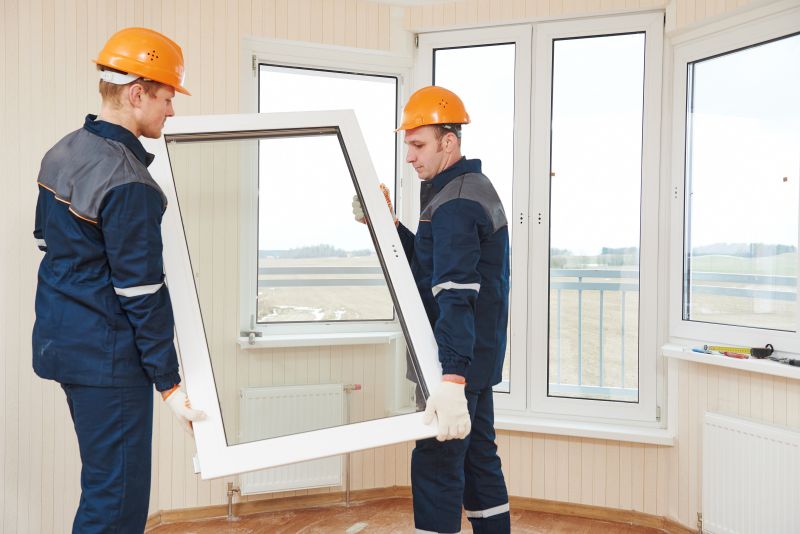
Longer days enable extended working hours for faster completion.
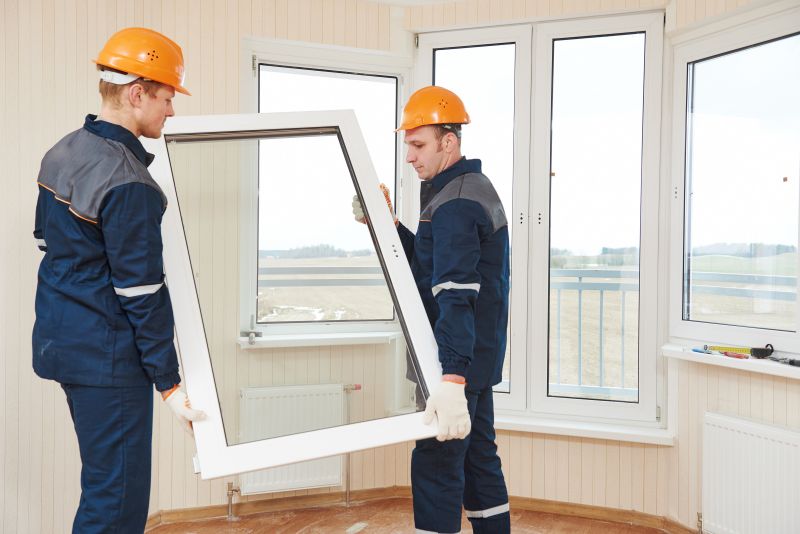
Ideal for avoiding peak demand periods and holiday disruptions.
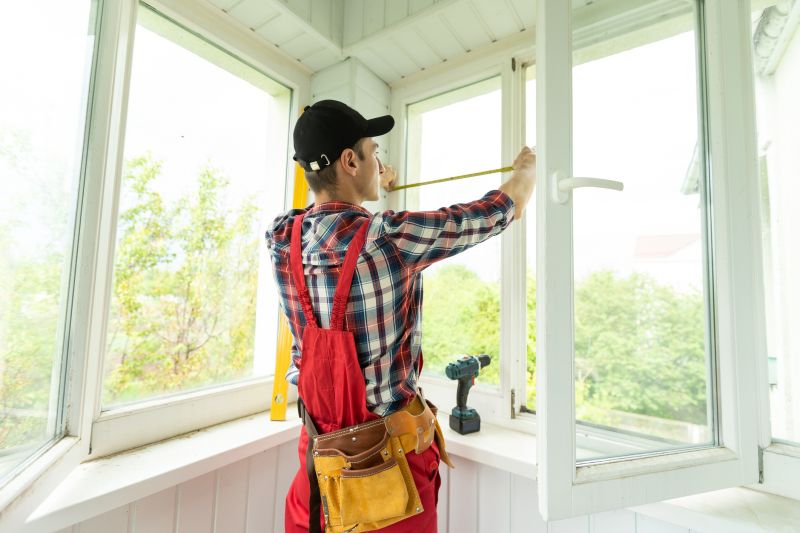
Specialized equipment and planning are needed, but off-peak times can be cost-effective.
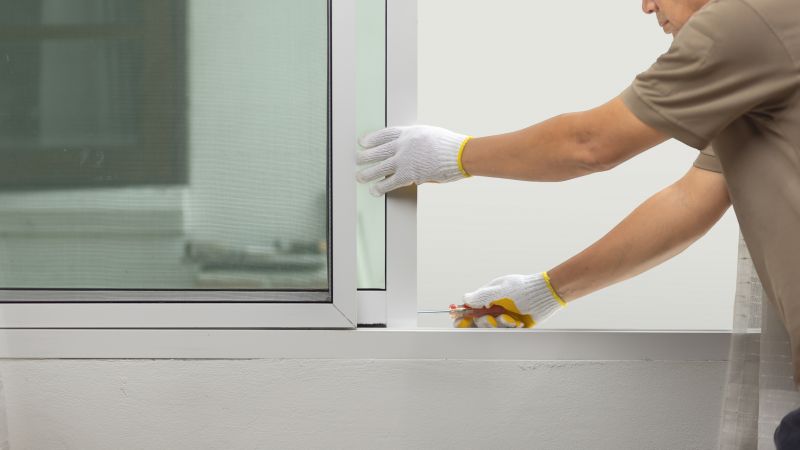
Scheduling in advance ensures availability of materials and personnel.
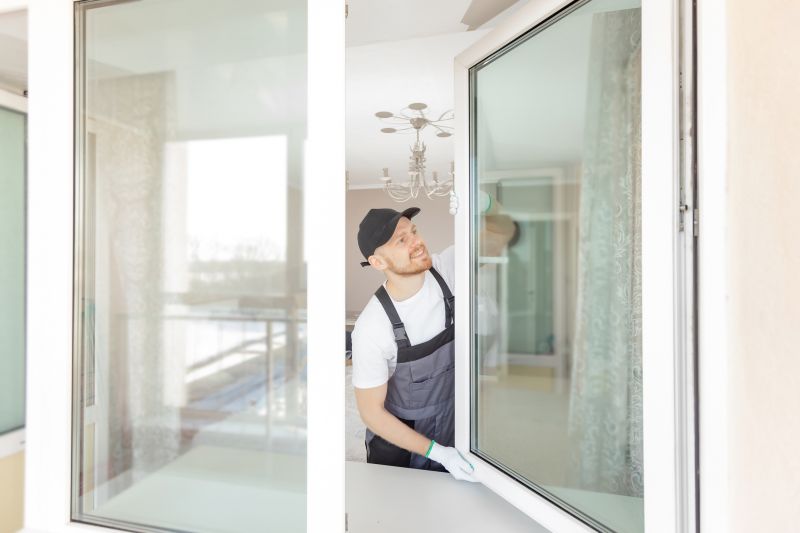
Late fall and winter can be suitable for projects with flexible timelines.

Extreme weather can impact scheduling; planning around forecasted conditions is recommended.

Avoid scheduling during high-demand seasons to prevent delays and higher costs.
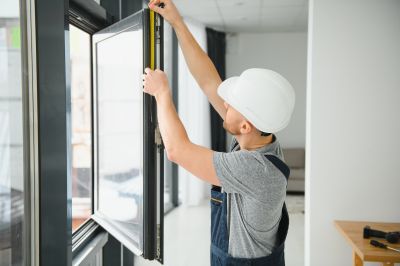
Aligning installation with favorable weather improves quality and reduces project duration.
| Season | Advantages |
|---|---|
| Spring | Moderate weather, less rain, and longer days |
| Early Summer | Stable weather, extended daylight hours |
| Fall | Lower demand, less competition for scheduling |
| Winter | Potential cost savings, off-peak scheduling |
Windows installations involve precise planning and execution to ensure proper fit, insulation, and functionality. Proper timing reduces the likelihood of weather-related delays and ensures optimal performance of the installed windows. Advances in technology and equipment have made installations more efficient, regardless of season, but scheduling during favorable weather conditions can still enhance results.
Statistics indicate that scheduling installations during moderate weather seasons can reduce project duration by up to 20%. Proper timing also minimizes the risk of damage or rework caused by adverse weather, leading to improved durability and customer satisfaction.
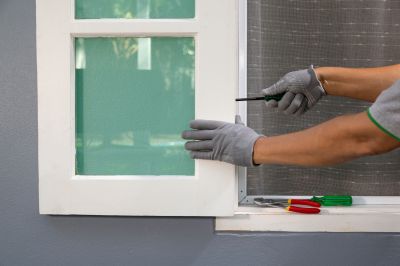
Optimal weather conditions support efficient installation processes.

Longer days and stable weather facilitate faster project completion.
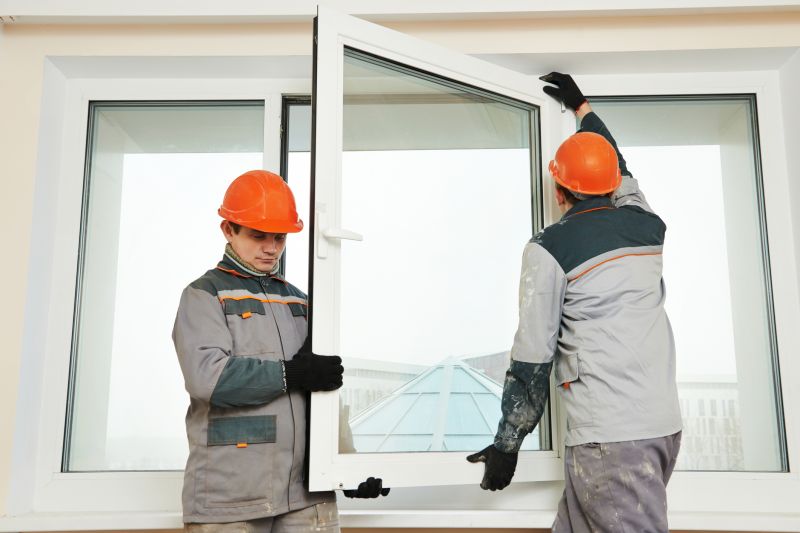
Ideal for avoiding peak scheduling periods and holiday disruptions.
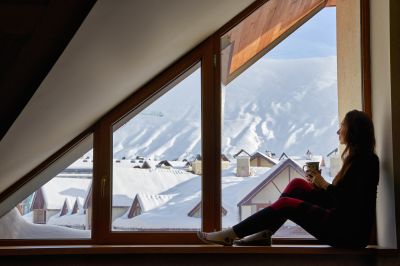
Requires specialized planning but offers off-peak scheduling benefits.
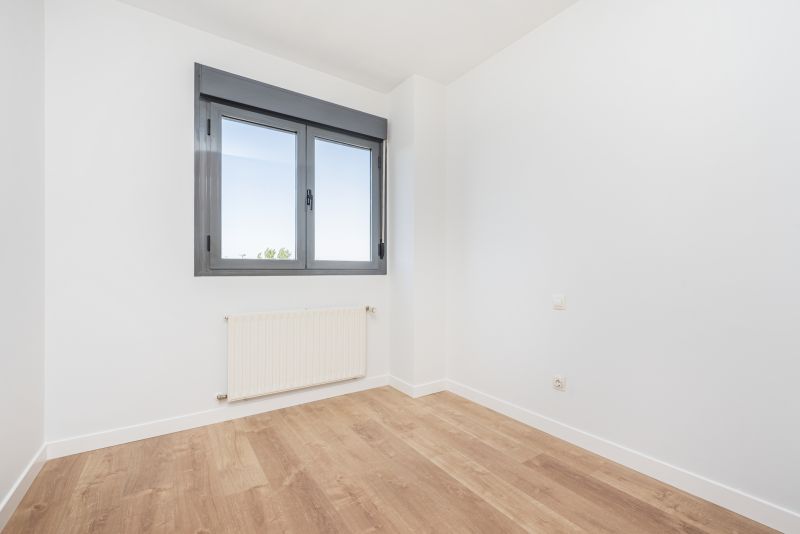
Ways to make Windows Installations work in tight or awkward layouts.
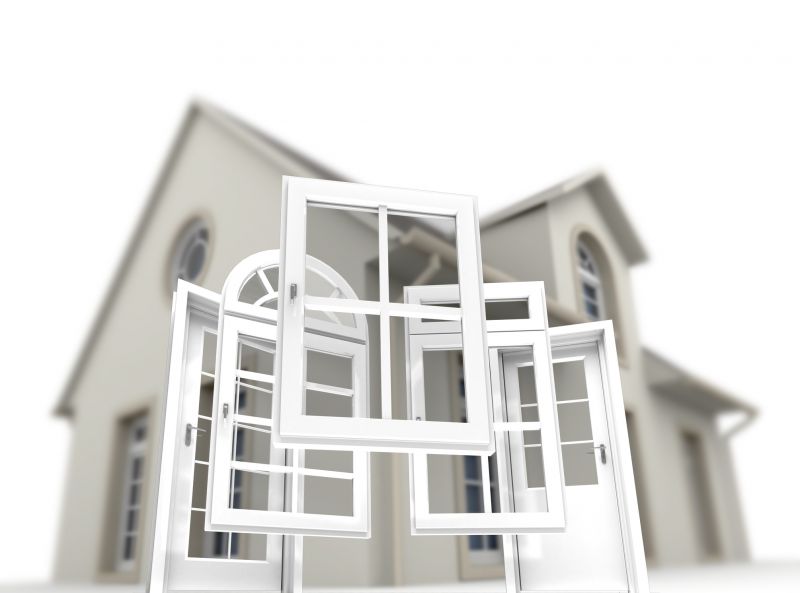
Popular materials for Windows Installations and why they hold up over time.
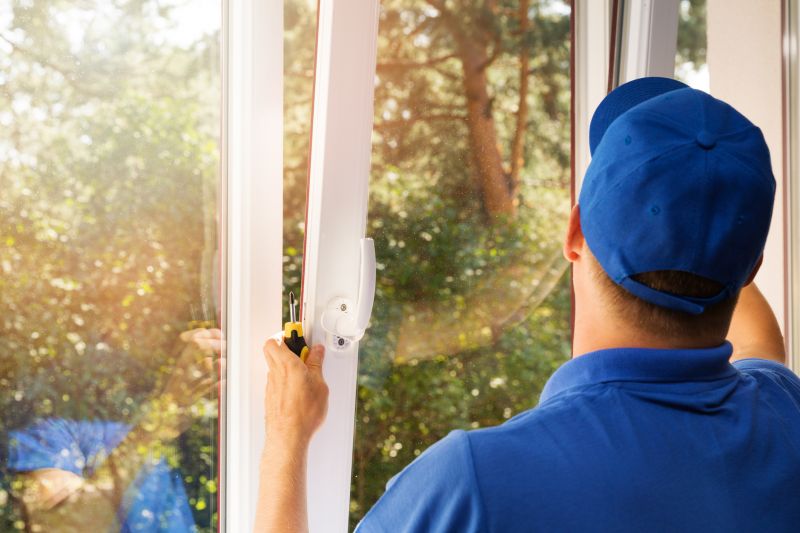
Simple add-ons that improve Windows Installations without blowing the budget.

High-end options that actually feel worth it for Windows Installations.
Interested in scheduling a window installation? Filling out the contact form provides the opportunity to discuss preferred timing and project details, ensuring a tailored approach to meet specific needs.







